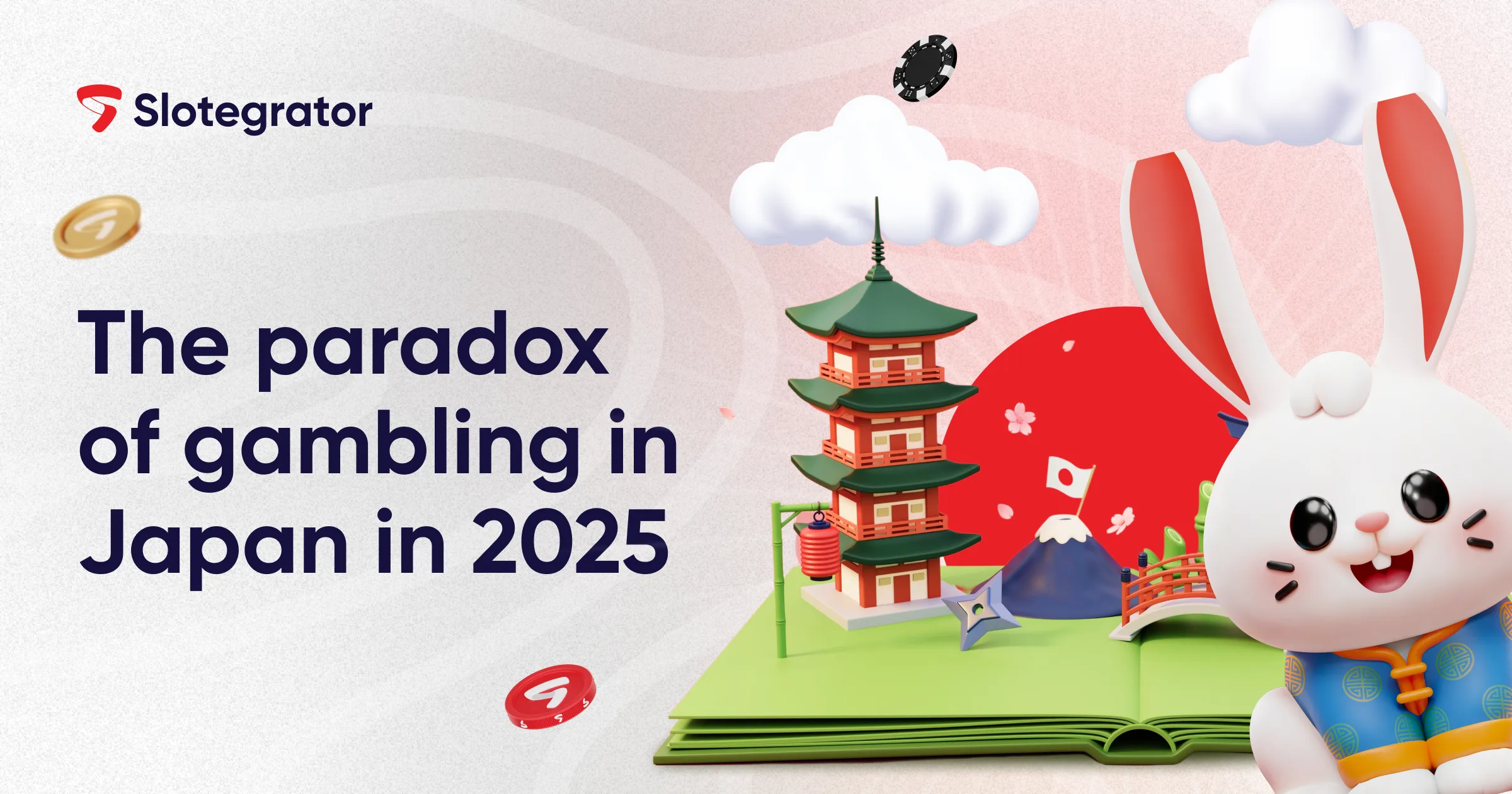The side effect of gambling is the risk of developing a serious addiction. Efficient preventive measures used by gambling operators and regulators as well as methods of ludomania treatment are outlined in the article by GBC Time.
Uncontrolled gambling activity can have a negative impact on the quality and level of the gambler’s life. The root of the problem is in the inappropriate attitude to gambling – as a means of making money, not a way to entertain oneself.
Ludomania (incl. online gaming addiction): definition and signs
Gambling addiction is a disease whose main symptom is a constant attraction to gambling games. In spite of the fact that it is to some extent similar to chemical addictions, the most significant distinction here is the absence of bad consequences for a person’s physical health. Meanwhile, it would be incorrect to say that gambling addiction does not influence a human being. The harm it causes can be seen in severe emotional swings, no sense of living, apathy and depression.
Some experts tend to regard ludomania as a kind of internet addiction. However, it should be noted that not only online casino games cause addiction but land-based gambling offerings as well.
Gambling addiction research is important in terms of social aspect for three main reasons:
- Gambling addicts quite often suffer from social and financial problems. About 23% of them have debts while 35% are divorced and 80% have family problems.
- Criminal issue. Almost half of gambling addicts tend to commit crimes.
- Risk of suicide.
Gaming addiction symptoms
The USA has developed a number of criteria according to which people can be diagnosed with this pathology. One of the most important here is the quantity and duration of gambling sessions. Besides, gambling addiction is often called a behavioral disorder; therefore, one of the ludomania symptoms is the absence of other ways of spending free time and reducing social connections. Sometimes it can lead to gambler’s complete termination of communication even with the closest people and family members.
As a rule, pathological problem gambling is accompanied by financial problems. Players are constantly searching for money to make another bet or visit a casino, that is why they often take credits or sell property. Besides, during the game, such a person simply cannot control their emotions and actions.
Gaming addiction help and methods of treatment
Gambling addiction, methods of tackling the issue as well as responsible gambling as a preventive measure have become one of the central topics for the gambling industry – operators and regulators.
Such methods can be divided into preventive and therapeutic.
Self-exclusion programs
Self-exclusion programs – these are mechanisms used in all developed European countries. Its essence is as follows: a player can restrict oneself from gambling activities for a previously specified period.
Interesting fact
Self-exclusion systems provide the following periods for banning – six months, a year, five years or forever. If a person chooses the last variant, they will be unable to ever return to gambling because such a decision cannot be canceled.
The method works more efficiently if it implies not only gambler’s desire for gaming limitation but also that of their close people. This is due to the fact that a user is not always able to estimate their level of addiction objectively.
Besides, it is important for the state to have a unified register for gambling addicted citizens since such limitations in separate casinos are not efficient.
Spending limit
Gambling spending limit is one of the latest innovations in terms of combatting gaming addiction disorder. In order to realize it, the assistance of banking institutions is needed. De facto, a gambler sets a limit in advance – a sum of money that can be spent on gambling transactions. Any effort to make further payments will be unsuccessful since all the transactions will be blocked.
Marketing restrictions
Despite aggressive gambling advertisement being illegal operators’ prerogative, even a simple newsletter can have a negative impact on the process of gambling, including video gaming addiction treatment. Therefore, more and more European states reject gambling advertisements or introduce strict limitations.
Session duration limit
Gambling establishment administration has full statistics of each account’s operation dynamics in order to identify players’ pathological behavior. Casino representatives reserve the right to deny access for the player or to freeze up the account. Besides, the user can choose the time limit on their own, which will help to set the exact time they can afford to spend on the platform in a day, week or month.
Educational aspect
As has already been said, the most important thing is forming a correct attitude to the gaming process and losing as an integral part of it. The information about it as well as video gaming addiction statistics can be placed on the online gambling platform or explained during lectures and conferences organized by the gambling regulator. Due to the fact that gambling addiction can be developed at quite a young age, parents’ control plays a key role here.
Player verification process
Complicated procedures of users’ verification have been invented with only one purpose – to restrict underage from gambling activities.
Hotlines
In some cases players need to contact a specialist for assistance, therefore special organizations are establishing centers where qualified experts consult gambling addicts.
Conclusion
Pathological interest in gambling can cause a wide range of social, financial and psychological consequences. In order not to let it happen, gambling operators and regulators are constantly improving methods of tackling gambling addiction. The list of the most efficient ones includes time and money restrictions, self-exclusion programs as well as support centers creation.
Read more: Best iGaming Aggregators












